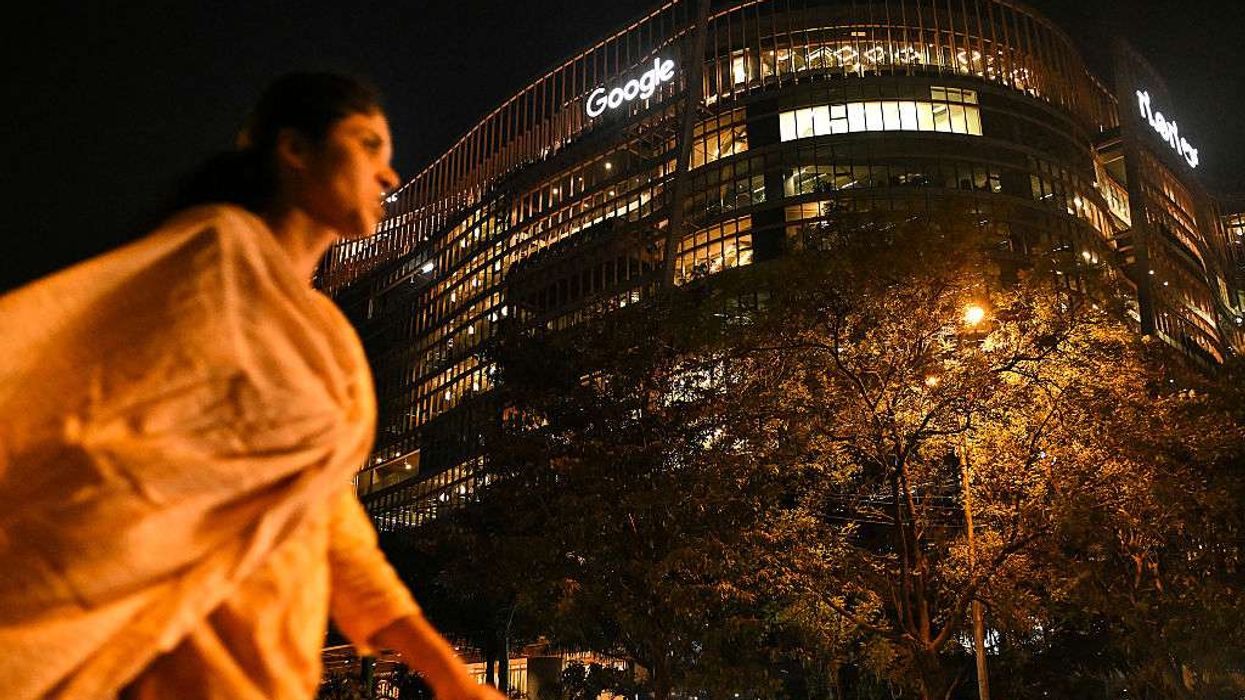India's GDP growth dropped to a three-year low of 5.7 per cent during April-June as manufacturing dipped and impact of the demonetization lingered on in the third quarter.
The downturn in India's growth is "very worrying", World Bank's former chief economist Kaushik Basu said, underscoring that this is the "hefty price" the country had to pay for demonetization.
"The downturn in growth is very worrying. I knew it would go below 6 per cent because the demonetization was a big negative shock to the economy. But 5.7 per cent growth is lower than I expected," Basu, the former senior vice president and chief economist of the World Bank said.
Basu said from 2003 to 2011, India was growing typically over 8 per cent per annum.
The year of global crisis, 2008, it dropped briefly to 6.8 per cent, but over 8 per cent growth had become the new norm for India.
"Now with oil prices so low, China ceding space to India, our growth should have been back to well over 8 per cent.
Hence, the first quarter growth this year of 5.7 per cent implies 2.3 percentage points of growth has been lost due to demonetization. This is a hefty price," Basu said.
"But the demonetization mistake and inadequate performance of the export sector means that the overall performance has been disappointing. These mistakes can be corrected," he said.
The Reserve Bank of India (RBI) recently announced that 99 per cent of the junked Rs 500 and Rs 1,000 notes have returned to the banking system.
"What is particularly troubling is the latest announcement which reveals that over 99 per cent of the notes demonetized have come back. This suggests that the rich people have virtually all managed to redeem their money.
It is the small traders, the informal sector and the poor who suffered most," said Basu who currently is C Marks Professor and Professor of Economics at Cornell University, Ithaca and New York.
Responding to a question on future prognosis, the top Indian economist said there have been two good policy initiatives the adoption of Goods & Services Tax (GST) and the enactment of the new bankruptcy law, and the Indian government does deserve credit for these.
Hence, unless it again makes a mistake like the demonetization, the economy should recover in 2018, he observed.
"But I expect two more quarters of poor growth. The October to December quarter especially could see a slowdown, since the farmers last year suffered a lot when they discovered that ordinary people's buying power had been curtailed by the demonetization and though they had produced a lot, they could not sell. We are likely to see a backlash of that later this year," Basu said.
"One policy risk is if we try to go digital, doing away with cash, too fast," he cautioned.
"Even rich countries have a long way to go. In a country like India where roughly half the population does not even have bank accounts, a sudden move to digital money makes no sense. It will be an anti-poor policy, since the poor will be disadvantaged most. But barring such mistakes, we should get back to reasonable growth in 2018," Basu said.
When asked, what should be the policy response to the sharp growth slowdown India is witnessing, Basu said there are two policies that government ought to give special attention to.
"First, it needs to inject more liquidity in the system to compensate people for the drying up of their buying power that has occurred since November last year. The additional liquidity can boost demand and provide a Keynesian stimulus that Indian producer's needs," he said.
"Second, there has to be policy initiatives, involving both fiscal and monetary interventions, to boost exports.
Manufacturers who are suffering because of ordinary people s damaged buying power will get much needed relief. In order to promote exports we need to improve the ease of doing business," he said.
"Also, the rupee seems to be artificially strong and appreciating in real terms. This is hurting our export capacity. Allowing the exchange rate to settle at market- determined rates will correct this aberration," Basu said.
Responding to a question on his overall assessment of the performance of Indian government from the point of view of economic performance, Basu said there have been some good policy moves for which the government deserves credit.
"But in the long-run, the bigger worry is the regression in social behavior being witnessed in many parts of the country. If this is not checked more actively, it can cause a setbak not just to the fabric of social life but to long-run economic development," Basu said.











